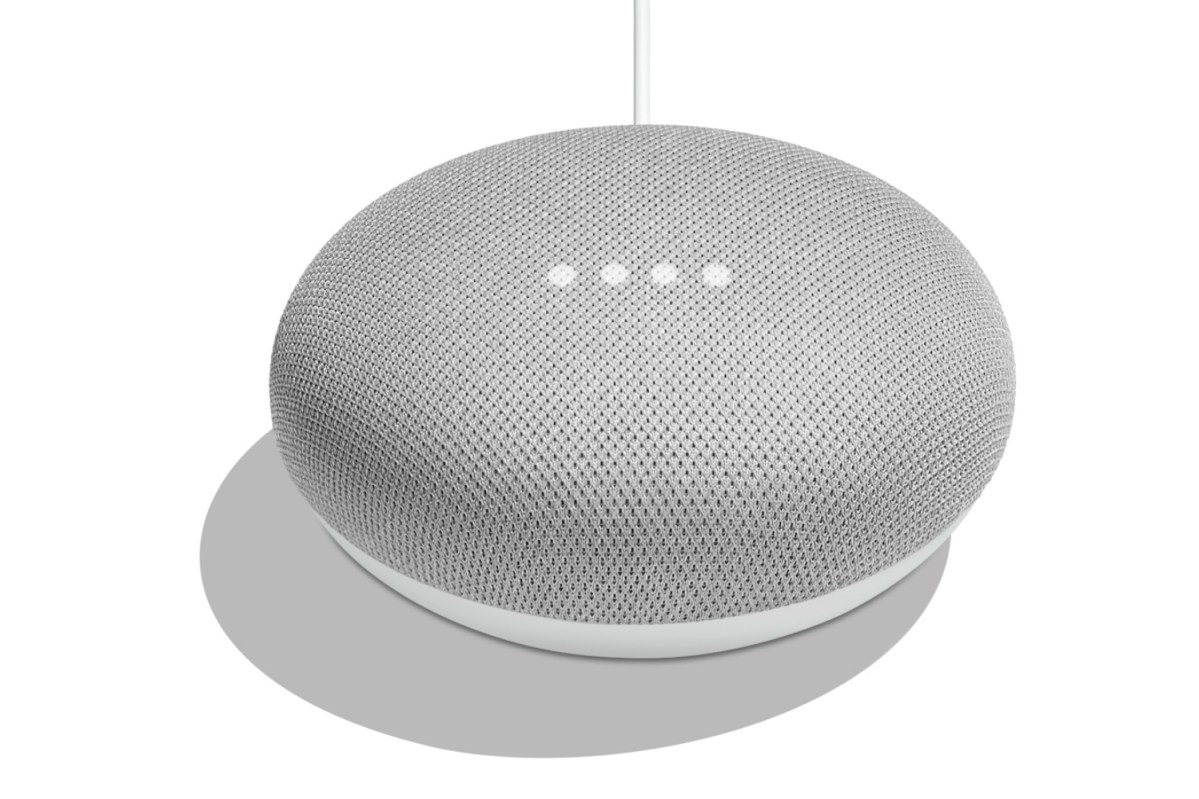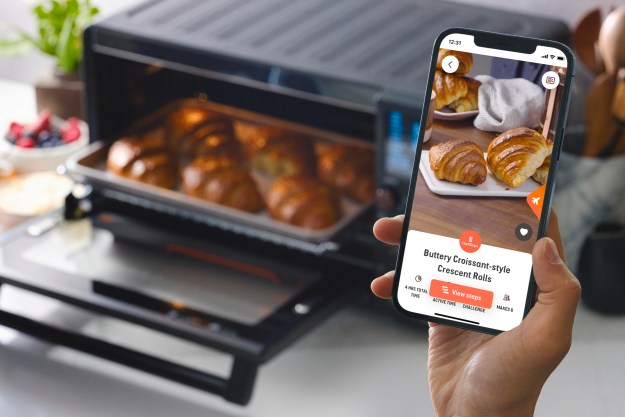Smart speakers have been the focus of controversy and concern for some time, particularly with regard to privacy rights. Many people worry their smart devices are listening in on conversations even when the activation word has not been spoken — and to some extent, those fears are reasonably founded. After news surfaced last summer that Google sent its audio recordings to a third party to be transcribed, many people feared their private lives had been compromised.
This news had some re-evaluating the privacy settings on smart devices, and in some instances, changing the activation phrase to something that might not be so easily triggered. It also called into question the accuracy of smart assistant listening; if you speak a word that’s almost but not quite the activation phrase, will it work?
Digital Trends wanted to find out, so we tested Amazon Alexa, Google Home, and Siri to find out which phrases — if any — triggered the devices. This is what we found.

Amazon Alexa
Amazon’s Alexa smart assistant gives users four separate options for a wake word: Alexa, Amazon, Echo, and computer.
When “Alexa” was set as the wake word, the device responded to similar names like “Alexis,” “Lexa,” and “Lexus.” Other words like “extra” and “ketchup” did not trigger it.
Notably, with “Amazon” as the wake word, no words falsely activated the device. “Hexagon,” “Babylon,” and other similar-sounding words gave no response no matter how many times we tested.
| Alexa at a glance |
| Wake words |
| Alexa, Amazon, Echo, and computer |
| False activations |
| Gecko, Art deco, Hey puggle and Kuder |
The wake word “Echo” responded most easily to false activations. While other wake words would sometimes trigger for similar sounds, “Echo” responded on the first try every time. The device triggered for “gecko,” and “art deco.” Other phrases like “prosecco,” “Greco,” and “fresco,” did not trigger the device. Note: It also responded to, “Hey puggle,” in a test for the Google Home device.
With “computer,” as the wake word, the device did respond to phrases that were similar, but it’s important to note that this did not happen every time except for one phrase: “commuter.” The Echo responded to the name “Kuder,” but only twice. Other phrases like “supercomputer,” “commutator,” and other similar-sounding words did not trigger it. Interestingly, only words that began with a “C” or “K” sound triggered it. Even “colluder” did not, though it has the same initial sound and number of syllables as “computer,” which indicates that a phrase has to be extremely close to trigger a false activation.

Google Home
Google Home is far more limited in wake words, responding to only three (and two are variations of the same phrase): “OK, Google,” “Hey, Google,” and oddly enough, “Hey, boo boo.”
By design, your device isn’t likely to respond unless it hears “Hey” or “OK” before the following word — but if it mistakenly hears either phrase, it doesn’t take much to make it respond.
| Google Home at a glance |
| Wake words |
| OK Google, Hey Google and Hey, boo boo |
| False activations |
| Bugle, Bluegill, Zoogle, Noodle, Mogul and Duel |
Saying “bugle,” “bluegill,” and even made-up words like “zoogle” all triggered the device, provided it was preceded by “hey” or “OK.” So did “noodle,” “mogul,” and “duel.” Anything that sounded similar to Google was all it took to trigger the device. On the other hand, we were unable to trigger a false activation with sounds similar to “Hey boo boo.”
Google doesn’t allow users to change the activation word. All three variants are always active, which makes it more difficult to control what the device might listen out for.

Siri
Like Google, Siri requires a user to say “Hey” before the wake word, which somewhat limits the potential for accidental activation. Only a few phrases triggered Siri by accident, and both of those are easy to understand. Saying “Hey, seriously,” and “Hey, series” both activated the voice assistant. Saying “Hey, sorry” also activated the assistant. Beyond that, no other phrases yielded results.
Siri is more likely to be accidentally activated from pressing the button by accident or from misunderstanding a phrase in normal conversation.
| Siri at a glance |
| Wake words |
| Hey Siri |
| False activations |
| Hey Seriously, Hey Series, and Hey Sorry |
The verdict
Of all of the assistants, Siri was the least likely to be accidentally activated by a spoken word. Alexa is more resistant to accidental activation, provided you use a wake word like “Amazon” or “computer.” With Google Home, it responds to a lot of different words, but “Hey” or “OK” has to be spoken first. Accidental activations are a problem, but since the problem became widely known, all three companies have taken steps to improve the software and reduce how often it happens.
If you want to limit the number of times a smart device is activated, keep it away from TVs and other sources of sound. The far-field microphones inside each device can hear your voice comfortably from anywhere in the room, but those closer to televisions had more accidental activations than those in other rooms.
Editors' Recommendations
- Home Depot’s Hubspace is a great way to start building your smart home
- During spring cleaning, don’t forget smart home security
- The ‘Look and Talk’ feature means you don’t have to say ‘Hey Google’
- Home Depot’s new Hubspace-compatible items include smart plug
- Smart homes without Wi-Fi: Huge possibilities or roadblocks?




